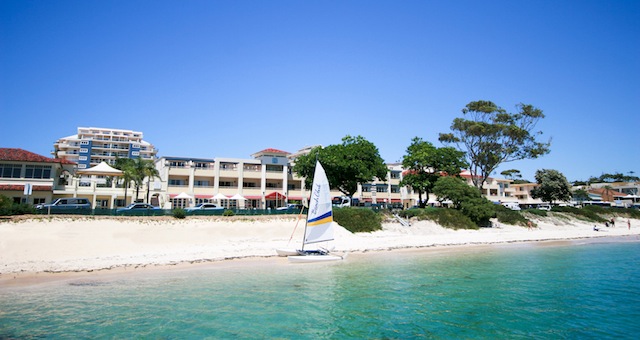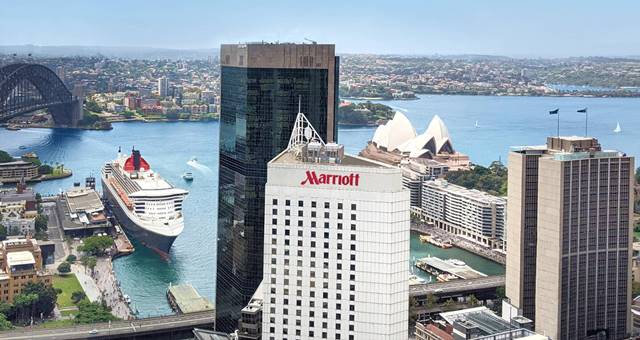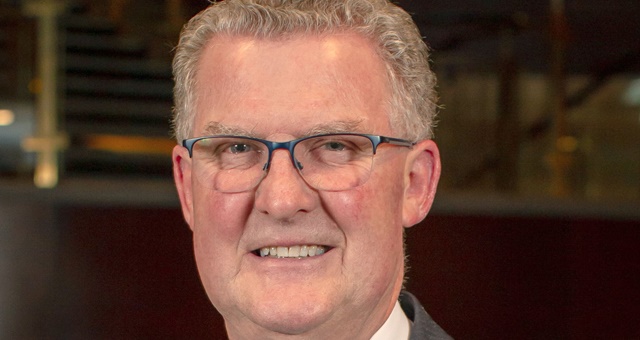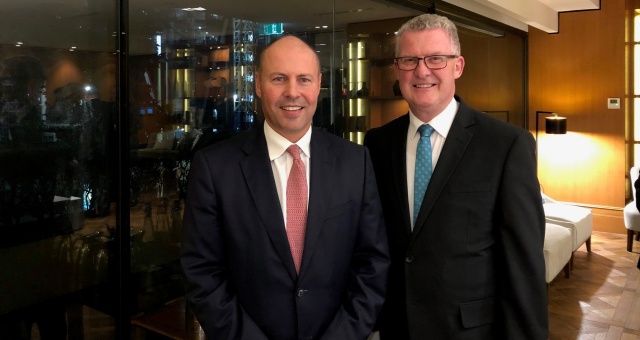The Federal Government is looking at setting criteria under which hotels struggling most in the post-JobKeeper environment will continue to receive support in the form of a business subsidy.
Speaking to a panel of NSW General Managers at its first breakfast seminar of the year this week, Tourism Accommodation Australia CEO, Michael Johnson, said direct discussions with Treasurer Josh Frydenberg was leading to a more targeted structure of support once the JobKeeper lifeline concludes in March.
Aimed primarily for city hotels which continue to struggle with an ongoing lack of mid-week corporate business, Johnson said his ongoing talks with the government were being supported by statistics and positive signs were being expressed by Federal bureaucrats.
Johnson referred to a speech given last week by Treasurer Frydenberg to the Australian Chamber of Commerce and Industry (ACCI), with TAA sitting on the Chamber’s Tourism Committee. He said recent submissions to the government were pushing for an ongoing wage subsidy.
“We’ve been pushing for a wage subsidy,” Johnson said.
“The feedback we’re getting is that there won’t be a wage subsidy so in other words, there won’t be a form of JobKeeper going forward past March.
“What the government is looking at is finding criteria that would make hotels eligible for what would be JobKeeper today to be a possible subsidy payment that doesn’t go to staff but goes to the business.

“We think that’s probably the way the government is going to go,” Johnson said.
The proposal being put forward by TAA, along with the Australian Hotels Association (AHA) and ACCI was for hotel workers to be paid $450 a week if their employer had suffered a 33% reduction in turnover from normal levels. Workers at hotels which were down 66% in revenue would be boosted further with a payment of $700 a week – close to the original JobKeeper payment of $1,500 per fortnight. Payments for part-time and casual employees would be scaled down on a pro-rata basis based on hours worked.
Ongoing business support, Johnson added, would most likely go to hotels “doing it the hardest.”
“Rest assured we have been working closely with Government, sending weekly stats, reiterating the need for on-going support as recovery is slow – particularly with on-going CBD shutdowns and domestic border closures, and of course, no international tourists.”
The TAA chief thanked the government for its ongoing consideration for the sector but that the March 30 deadline was looming and the industry needs reassurance and an announcement to come soon.

“Our city hotels won’t be there in the form they are today if we can’t support them and operating hotels at 20% occupancy is just not something that’s feasible,” he said.
Recent figures show most city hotels are struggling to break 35% occupancy during the week when corporate business would thrive under normal operating conditions and circumstances.
Johnson highlighted the plight of city hotels but said it was a very different story in many regional centres, which continues to enjoy the boom associated with ongoing domestic tourism campaigns. He said Port Macquarie hotels were reporting RevPAR increases around 50% up year-on-year, while Byron Bay was around 35%.
“A lot of regional properties are already off JobKeeper and I thank the government. JobKeeper was a lifeline and it made all these businesses survive and they have survived and now they’re leading the recovery.”


